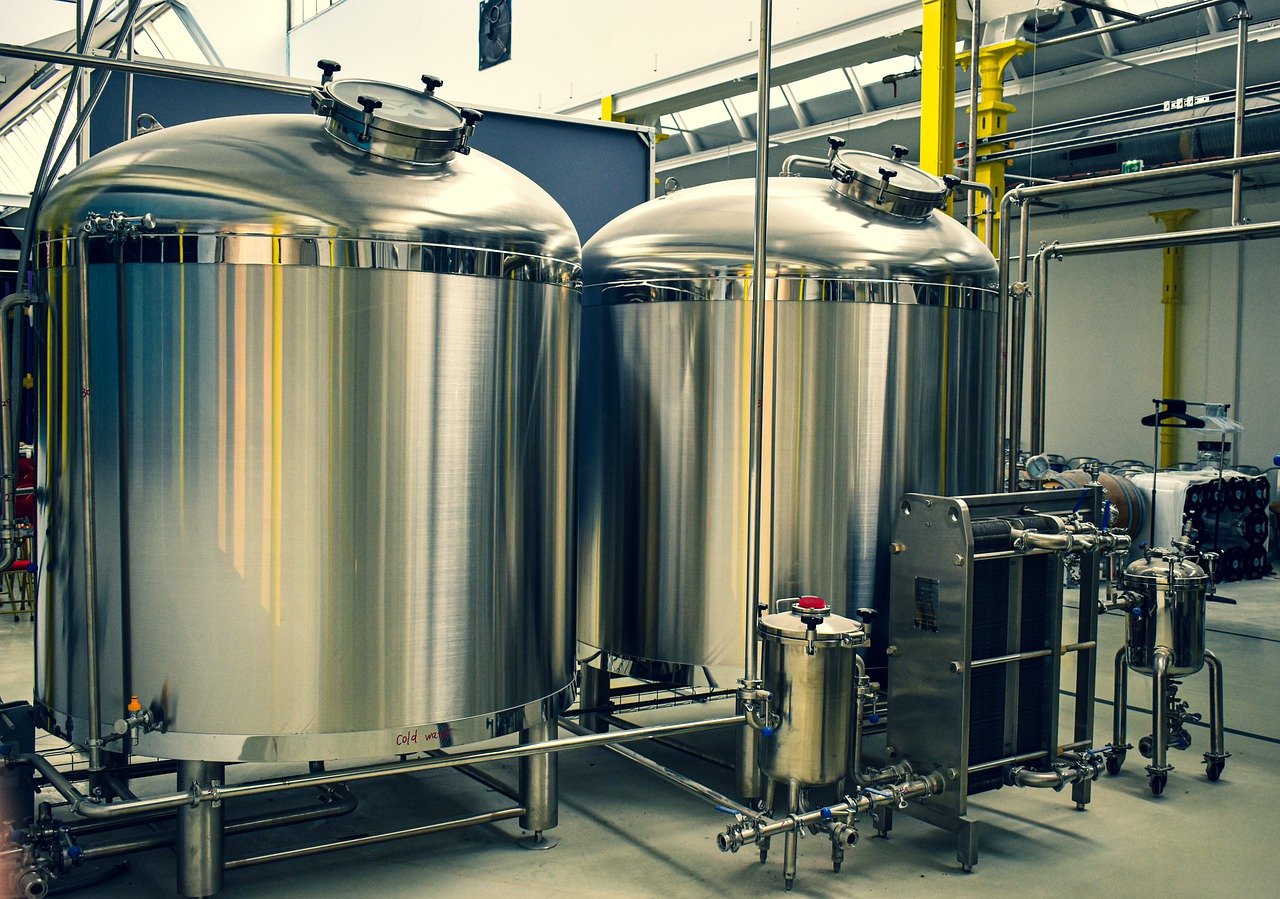As of July 1, 2021, breweries, distilleries, and retailers can no longer ship alcohol directly to consumers in Nevada.
Nevada used to be on the short list of states where breweries, distilleries, and retailers could ship direct to consumers (DTC). With Nevada’s change of heart, the list of states where breweries, distilleries, and retailers can make DTC shipments has shrunk.
This surprising change in policy is due to the enactment of Senate Bill 307. Among other changes, SB 307 amended Nevada Revised Statute (NRS) 369.490 so that, effective July 1, 2021:
- In-state and out-of-state breweries are prohibited from making DTC shipments to Nevada consumers
- In-state and out-of-state distilleries are prohibited from making DTC shipments to Nevada consumers
- In-state and out-of-state retailers are prohibited from making DTC shipments to Nevada consumers
The Nevada Department of Taxation has confirmed this change in policy and updated the Supplier Liquor Excise Tax Return Sales To Consumers. It explains: “During the 2021 Nevada Legislative session, Senate Bill (SB) 307 amended Nevada Revised Statute (NRS) 369.490 to only allow suppliers of wine or their designated agent to ship wine directly to consumers in Nevada. Effective July 1, 2021, malt beverages and/or distilled spirits may not be shipped directly to Nevada consumers.”
In-state retailers can make local deliveries
Although SB 307 prohibits in-state and out-of-state retailers from making DTC shipments into Nevada, it specifically authorizes in-state retailers to deliver beverage alcohol directly to Nevada residents — with certain limitations:
- The in-state retailer can only deliver products purchased from a licensed wholesaler
- The in-state retailer’s deliveries can only take place in a jurisdiction “in which the retail liquor store is licensed to sell liquor at retail”
- Deliveries must originate from the premises of the retail liquor store during its operating hours
The bill helps highlight a growing distinction between delivery and shipment. Generally, “shipment” means sending a package via a common carrier, such as FedEx or UPS; it includes an Adult Signature Requirement (ASR). “Delivery” typically means a local delivery using the licensee’s vehicle, or a third-party delivery via Instacart, Shipt, or another provider.
Furthermore, the Department of Taxation shall adopt regulations prescribing the area in which DTC deliveries may be made. These must take into account relevant local jurisdictions and the “marketing area of the wholesaler” (as defined in NRS 597.136).
Wineries can still make DTC shipments in Nevada
SB 307 doesn’t prohibit in-state or out-of-state wineries from making DTC wine shipments in Nevada. They’re still able to ship to consumers in the state under Section 7(2)(c) of the bill. In-state and out-of-state wineries are permitted to make DTC wine shipments in most states.
Beverage alcohol industry in transition
Nevada’s restrictive new policy is somewhat at odds with industry trends. A growing number of states are making it easier for beverage alcohol producers and retailers to reach their consumers. For example, Alabama authorized wine manufacturers to make DTC wine shipments beginning August 1, 2021, and Delaware may soon do the same. There’s also a push to authorize off-site DTC wine sales in Arkansas and Rhode Island.
On the other hand, Idaho recently clarified that wine retailers can no longer ship under the state’s reciprocity rules, bringing the total states available for retailers from 16 to 14.
Read more about the changes facing alcohol sellers in 2021.
==========
Gail Cole is a Senior Writer at Avalara. She’s on a mission to uncover unusual tax facts and make complex laws and legislation more digestible for accounting and business professionals.
Thanks for reading CPA Practice Advisor!
Subscribe Already registered? Log In
Need more information? Read the FAQs




